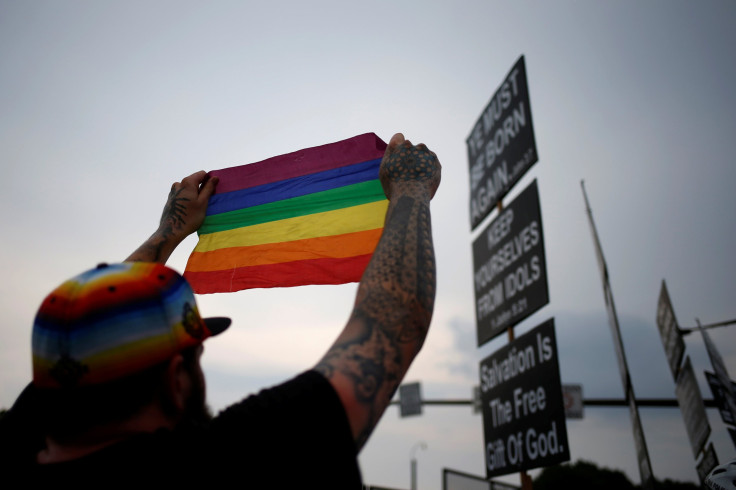LGBT Rights 2017: Big Companies Seek Inclusivity As Number Of LGBT-Certified Suppliers Sees A Spike, Report Shows

Large companies in the country are seeking more diversity in their suppliers, causing the number of ventures that identify themselves as “LGBT-certified” to increase substantially over the past few years, a new report by the National Gay & Lesbian Chamber of Commerce (NGLCC) showed Wednesday.
“Corporate America is saying ‘We want to do business with you -- not despite the fact that you’re LGBT but because you’re LGBT,’” Justin Nelson, president and co-founder of NGLCC, told Bloomberg. “Twenty years ago, it was enough to sponsor a pride parade. It’s not enough anymore.”
Over 900 companies have so far turned to the group’s program that certifies the ownership of an enterprise as lesbian, gay, bisexual or transgender — up from 300 in 2012.
“These numbers tell the real story,” said Bob Witeck, president of the report’s analyst Witeck Communications. “LGBT entrepreneurs find inspiration and freedom everywhere we look to create jobs and economic value in America. I think we are just scratching the surface of our potential.”
The process of certification is similar to that of certifying women-owned, minority-owned or veteran-owned enterprises. The LGBT certification program was started in 2004 — in partnership with the likes of JPMorgan Chase & Co. and American Express Co. — two years after NGLCC was formed. A company needs to be 51 percent-owned and controlled by LGBT owners to receive the certification.
According to NGLCC, almost a third of Fortune 500 companies include LGBT ownership in purchasing programs, marking a key step towards LGBT supplier inclusion. Nelson told Bloomberg that the companies attempting to maintain a perfect score on the Human Rights Campaign's Corporate Equality Index will also be required to include the community into their purchasing programs.
“People have this misconception that if you’re an LGBT company you are stereotypically ‘gay’ — you’re a florist or a designer, and all those businesses are great,” Nelson reportedly said. “But we have people doing aerospace and we have people doing construction and waste management.”
While the average revenue of the LGBT-certified companies stood at about $2.5 million in 2015, their total revenue was almost $1.15 billion.
© Copyright IBTimes 2024. All rights reserved.












